WHO: No Need To Disinfect Your Groceries, Washing With Soap Could Cause Poisoning
Ever since the Covid-19 pandemic grew increasingly worrying in our country, many have been speculating on the ‘right way’ to clean your supermarket purchases and groceries given the known fact that the virus can stay on surfaces for days.
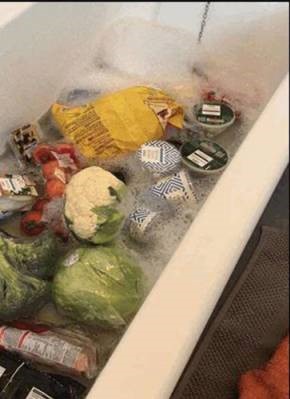
As a result of this growing worry, many netizens have taken to social media to post a number of videos and ‘hacks’ on how to curb the possibility of infecting yourself through special methods of so-called food packaging. Some say you have to leave freshly purchased groceries in the car or outdoors for a ridiculous period of time, ranging from eight hours to three days! Others say that food products need to be disinfected with alcohol, hand sanitisers or even worse-antibacterial soap.
So is it actually necessary to disinfect your purchased food items and groceries?
The answer is NO. In fact, if you disinfect these consumable goods too excessively, you could run the risk of getting food/chemical poisoning.
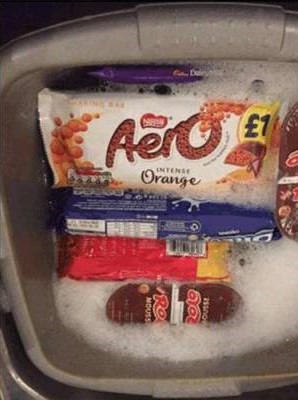
Under the Interim Guidance issued by WHO and the Food and Agriculture Organisation (FAO) on Food Safety during this pandemic season, it is said that the possibilities of anyone getting Covid-19 from food or food packaging remain highly unlikely. And if you need more evidence of this, there hasn’t even been a single case recorded of the virus transmitting through food packaging, let alone food itself, as reported by Astro Awani.
The fact of the matter is that the virus can’t reproduce in food. It needs a host, such as humans or animals, to reproduce.
Contrary to popular belief, you don’t need to disinfect food or its packaging but you should wash your fruits or vegetables using plain, clean water, said Dr.Maria Van Kerkhove, the Technical Head of WHO’s Covid-19 team. While the virus may stay on surfaces such as stainless steel, or door knobs, you can avoid your chances of getting infected by washing your hands frequently and avoid touching your face.
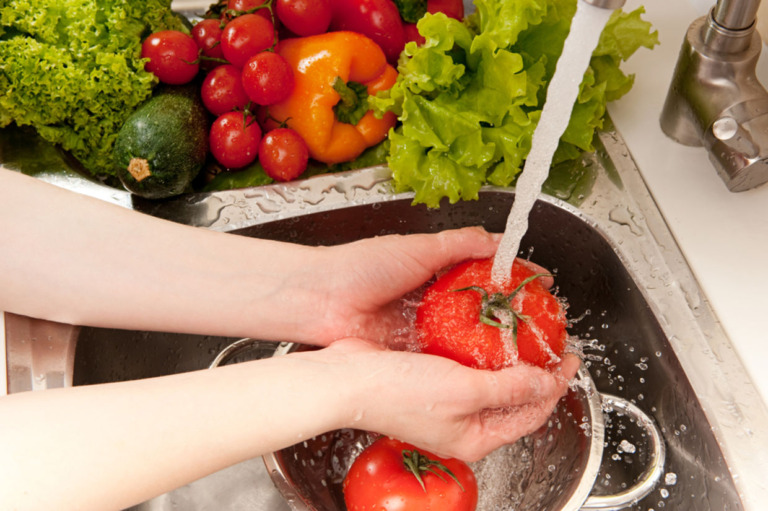
Nonetheless, it’s still important to take the right precautionary measures for food safety. Thankfully, the US Food and Drug Administration (USFDA) agreed with WHO on this matter and detailed four key steps you can take to keep your food safe and sanitary.
Wash hands, keep appliances and surfaces that food is kept on in clean conditions
- wash hands after handling food packaging, after removing food from packaging, before preparing food for meals and before eating
- wash cooking utensils and surfaces that come into contact with food after each use
- wash food with clean running water without using soap, bleach or detergent
Separate food ingredients to avoid cross contamination
- Separate raw foods such as meat, chicken and seafood
- Separate raw foods from cooking ingredients
- Store food in a covered container at suitable temperature conditions
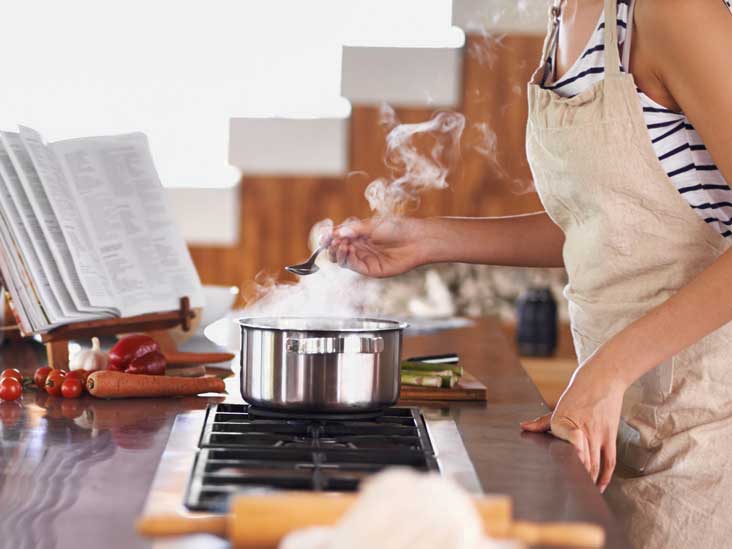
Cook your food at suitable temperatures
- Cook meat at 70 degrees celcius or higher to kill harmful bacteria
- Cook rich foods such as soups at boiling temperatures (100 degrees celcius)
- Hot food should be stored at 63 degrees celcius
Store frozen food properly
- Chilled goods should be stored in environments with temperatures ranging from 2-4 degrees celcius
- Freezer temperature should be -18 degrees celcius and below
- Avoid storing too much food in the fridge as to not interfere with cold air ventilation.
- Food waste should be disposed the safe and right way
Hopefully these tips are useful for you. Stay safe and sanitary, guys!


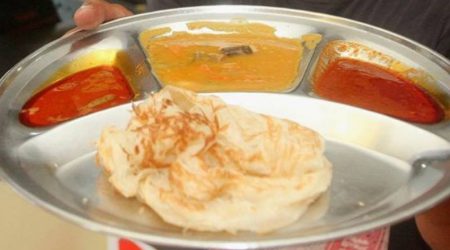









Comment (1)
I received it, it’s very easy to use, the quality is also very good, and the real hair is not visible, it is easy to take care of, this baby is not bad!